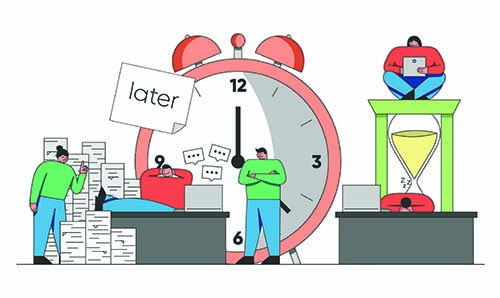Need Assistance? Call us today! 602-478-9713
In the radically changed work rhythms of the global pandemic, workers are discovering a new life no longer dictated by the strict schedules of the office. BBC.com took note of the relatively new phenomenon in a June 23 Rethink article that pondered: Will companies help us improve our sleep habits?

“Our sleep does seem to have changed during the pandemic,” writes Matthew Walker, sleep scientist, on behalf of the BBC. “There is some emerging data from some sleep-tracking companies that suggests people are going to bed at different times from before, but also, typically, on average, waking up a little bit later.”
For Walker, it comes down to additional harmony with what he calls the “chronotype.” Evening or morning person? Working from home gives more latitude, and that can lead to better sleep. As for “forcing it,” Walker contends that these biorhythms are largely genetic.
“Companies can then start to try to accommodate - as much as they can - people's individual work schedules,” Walker predicts. “And in that way they allow the employee to start sleeping in a much more compatible way with their biology, rather than in conflict, which is what many of us seem to do in this modern world.”
Ultimately, better sleep can lead to better health, whether in a pandemic or not. “What we know is that there is a very intimate relationship between your sleep health and your immune health,” adds Walker, “and one example I think has implications for the coronavirus. Researchers found that if you're not getting sufficient sleep in the week before you get your standard flu shot, you produce less than 50% of the normal antibody response, rendering that vaccination far less effective.”
Source: BBC